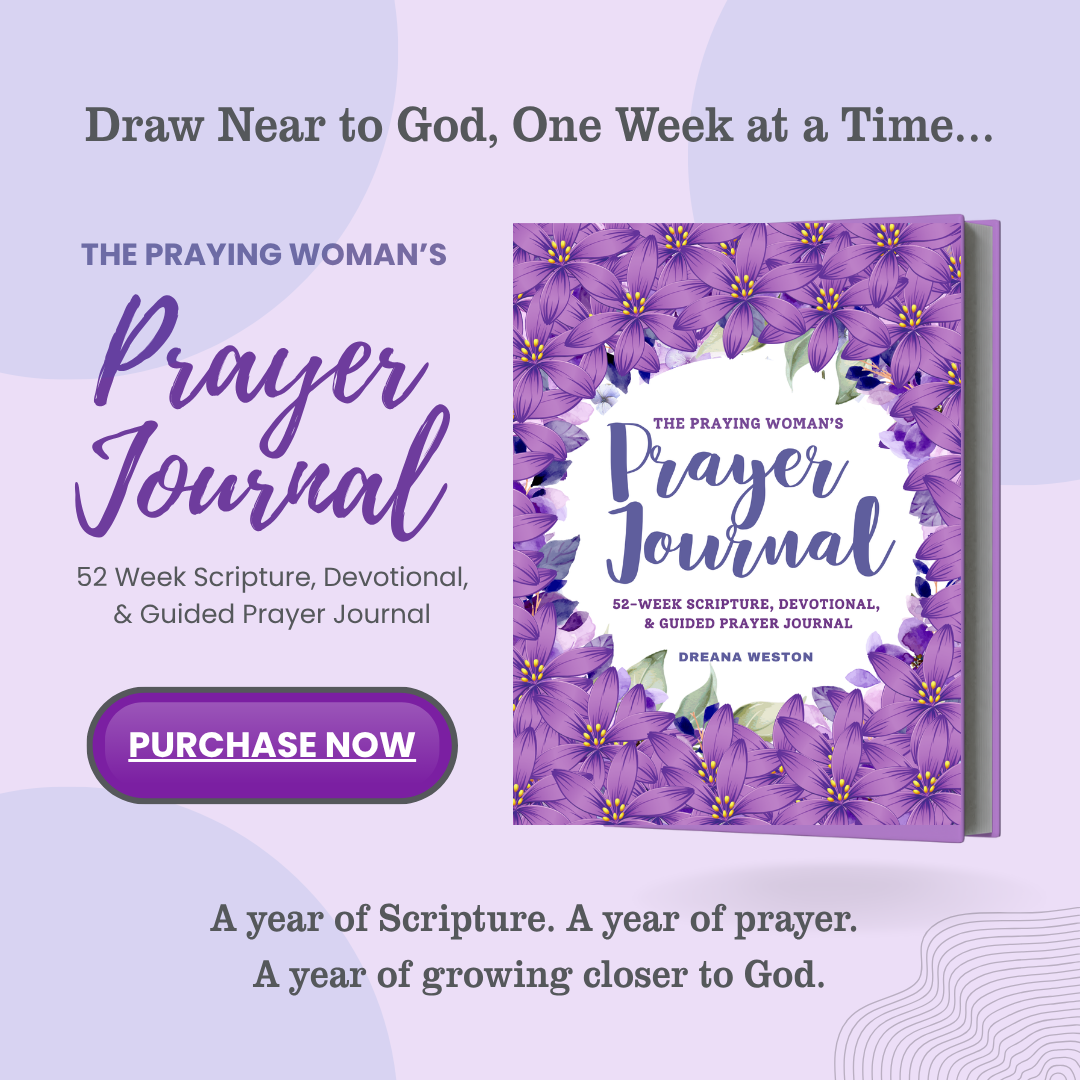
Here are six Pieces of Financial Advice Straight From the Bible…
Give Thanks
In the first place, we must realize that everything we have is from God.
The Apostle Paul asks, “What do you have that you did not receive? If then you received it, why do you boast as if you did not receive it” (1 Corinthians 4:4)?
You see his point. The Bible teaches, “the earth is the Lord’s, and the fullness thereof” ( 1 Corinthians 10:26), so the first point that all that we have is from God, so give thanks to God for whatever you have, including your money.
Before you spend it, give God thanks for it.
Be Mindful
When Jesus miraculously fed the 5,000, thousands more showed up the next day expecting Jesus to multiply fish and bread again, but Jesus didn’t.
He knew that they only came for the food and not for the true Bread of Life that satisfies forever (John 6:26-27).
We need to use godly wisdom when we give money to help others. We could be enabling someone’s drug or alcohol abuse.
Pray about it, seek counsel about it, and then use your best judgment.
Take Inventory of the Heart
Jesus said “For where your treasure is, there your heart will be also” (Matthew 6:21), so if you want to know what you treasure the most, look at what you spend the most time and money on.
Jesus’ point is that if you’re looking to find where your true loyalty is, just look what you treasure the most. Whatever it is you treasure most, is what your heart is most devoted to.
One pastor said, “Look at your checkbook ledger or credit card statement” and you’ll know what your heart really treasures above all.
Plan Ahead
God set aside certain holy days or feast days for the nation Israel, and they were instructed to set aside a tithe (10%) of their income to spend at those feast days.
One thing we can learn from this is to set aside a certain amount to save in case you need it later.
There is wisdom in saving money or having some amount automatically deducted from your check and placed into a savings account.
Even if it’s 3%, in time, you forget about it, and then you find out you’ve got more money there than you thought when you find that you need it the most (like in emergencies).
Be a Cheerful Giver
The Apostle Paul wanted the church to understand that what they sow will be in proportion to what they reap, just like a farmer does, but it’s not so much what you sow, but the condition of your heart in sowing.
No one can tell you how much to give because “Each one must give as he has decided in his heart, not reluctantly or under compulsion, for God loves a cheerful giver” – (2 Corinthians 9:7).
If I decide what you should give, I doubt your heart will be in it. And I doubt your heart will be cheerful about it. Let that be your choice, but don’t expect a bountiful harvest if you’ve sown only a few scant seeds.
Don’t Compare Yourself to Others
“And he sat down opposite the treasury and watched the people putting money into the offering box. Many rich people put in large sums. And a poor widow came and put in two small copper coins, which make a penny. And he called his disciples to him and said to them, “Truly, I say to you, this poor widow has put in more than all those who are contributing to the offering box. For they all contributed out of their abundance, but she out of her poverty has put in everything she had, all she had to live on.” – Mark 12:41-44
In Matthew 12 The Widow’s Offering was not much compared to the others who gave large amounts. But it was all that she had. Because of this , she gained favor in God’s eyes.
On the flip side, just because your neighbor gives $20, doesn’t mean you should also give $20. That may be all they have to give. If you are able to give more, do so.
We must remember…
Everything is Gods.
We can’t help everyone.
to do a self-inventory of where our heart is at
to make plans to save
…and remember that we’ll only reap as much as we’ve sown.
If we follow these five pieces of financial advice from the Bible we can have godly wisdom about handling money and glorify God in whatever way we spend it.
It’s His money we’re spending, not ours.






